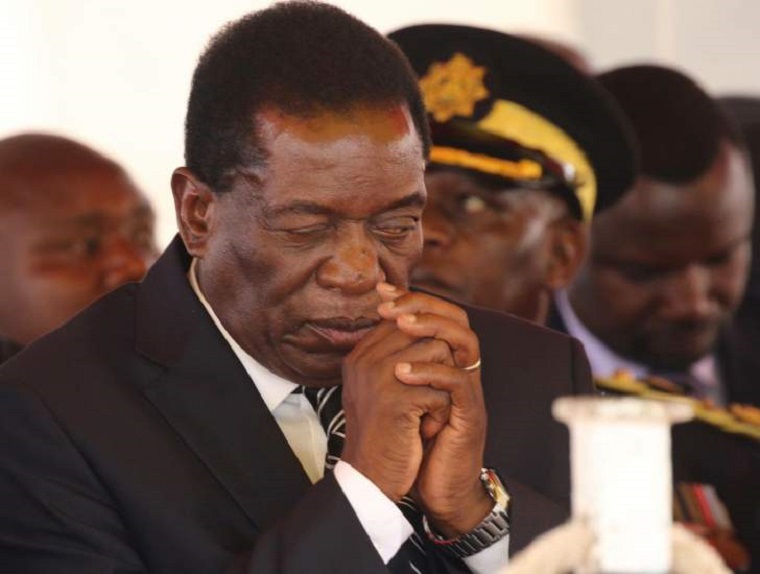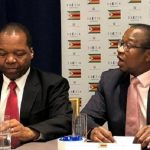 Two months after disputed general elections in Zimbabwe‚ President Emmerson Mnangagwa’s spirited efforts to turn around the economy are so far gaining limited traction.
Two months after disputed general elections in Zimbabwe‚ President Emmerson Mnangagwa’s spirited efforts to turn around the economy are so far gaining limited traction.
His closest rival in the presidential race‚ Nelson Chamisa of the MDC Alliance‚ who got more than two million votes‚ quipped earlier this month that “you can change statistics of elections‚ but you cannot tamper with figures in economics”.
Chamisa has argued that Zimbabwe’s problems are owing to a political legitimacy crisis.
But Mnangagwa is hard at work. His international charm offensive has seen Britain engaged in talks with Harare to help revive the economy through the Lima Plan – the country’s debt and arrears clearance blueprint brought to light during former President Robert Mugabe’s rule in 2015.
Mnangagwa is also banking on China to help with a $2-billion bailout‚ despite failure to clinch the deal when he was in the oriental country for the Forum on China-Africa Co-operation (FOCAC) summit in Beijing.
However‚ for the ordinary man on the street‚ things are getting worse by the week – if not by the day. Prices of basic commodities are spiralling.
“It’s painful. But the good thing is that those that voted for ZANU-PF are using the same money as us and are buying from the same shops and we earn the same money. We are all suffering‚” said Liberty Ncube‚ who is employed at a manufacturing company in the country’s second largest city‚ Bulawayo.
ZANU-PF has admitted it is clueless about the reason behind the price increases.
“The party is failing to understand what is triggering the price hikes‚” the party’s political commissar‚ retired Brigadier-General Engelbert Rugeje‚ told members at a meeting in Bindura.
Before Rugeje’s admission‚ ZANU-PF invited the MDC Alliance to an inter-party dialogue meant to resolve the economic crisis.
Continued next page
(182 VIEWS)


